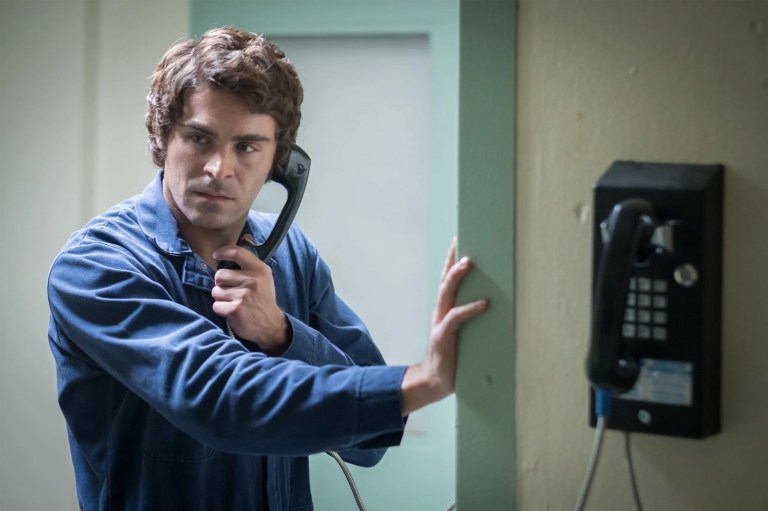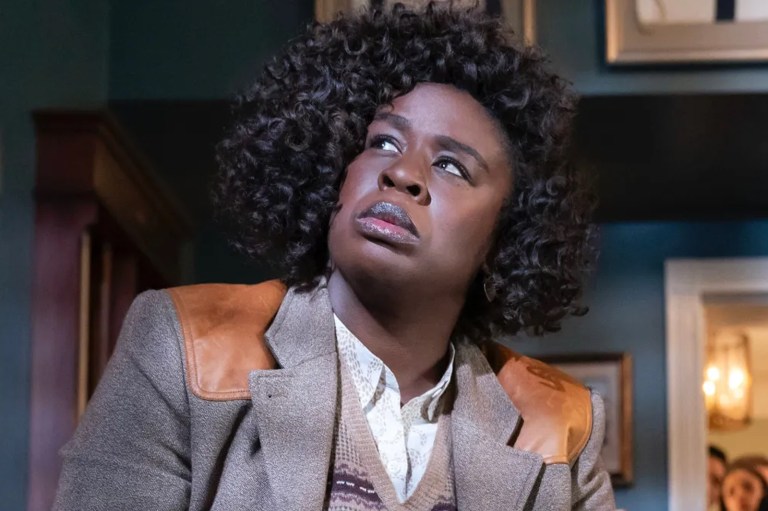
13 Reasons Why: The Real Reasons Hannah Baker Committed Suicide Are Much More Complex Than You Think
The real reasons Hannah Baker committed suicide are much more complex than you might think.
As the popular show 13 Reasons Why heads towards its highly anticipated second season, I think it’s about time we talk about the role of complex trauma and chronic bullying when it comes to suicide. According to leading trauma experts such as Dr. Judith Herman, complex trauma is usually caused by a series of traumas that appear inescapable and pose imminent threat. It is, in her words, “prolonged repeated trauma.” This trauma can be caused by chronic physical abuse or, as trauma therapist Pete Walker suggests, as a result of ongoing emotional abuse.
Many complex trauma survivors find that they’ve encountered one perpetrator after another who victimize them, along with a series of adverse circumstances. When trauma is compounded by other traumas in a very short period of time, during an extremely vulnerable stage of development, the effects can literally rewire the brain.
Perhaps meeting one predator in one lifetime is traumatizing enough. However, when there are a chain of traumas that shape your early development, this complex trauma is enough to send anyone over the edge. The effects of “major” traumas can be exacerbated by seemingly smaller traumas or micro-assaults on identity and self-esteem. When there is chronic bullying involved, young adults can be especially susceptible to self-harm or suicide because they’ve already begun to develop a sense of learned helplessness early on.
At its root, the show 13 Reasons Why is not just about the lethal impact of chronic bullying, but also the way in which a life of trauma – specifically, complex trauma, is built upon by numerous enablers, bullying apologists and predators. Specifically, it is about the multiple violations young women especially go through in their attempt to establish agency over their bodies and their sexuality. This show powerfully depicts what it is like to be a woman who is victimized – over and over again – with no recourse in sight.
Although many viewers count the brutal rape committed by Bryce Walker as the major turning point in the show and rightfully so, it is also worth noting that the show’s protagonist, Hannah Baker, is already vulnerable by the time she is raped. She suffers through many seemingly “minor” transgressions prior to her heinous assault which add to the web of trauma she endures. None of these should be minimized, because their combined impact is haunting.
Just a sample of some of the horrific events she goes through include the following: a boy she hopes to share a romantic relationship with, instead exposes Hannah by taking a picture of her in her underwear on their date, later sharing this photo with her classmates. Her best friend, Jess, accuses her of cheating with her boyfriend and physically assaults her after a list objectifying Hannah’s body gets shared.
She is stalked by her classmate Tyler Down and blackmailed with a photograph he takes of her and her female friend kissing – only to later be betrayed by that same friend who spreads rumors about her just to avoid exposure of her own secrets. Her Valentine’s date, Marcus, violates her by pressuring her for sex and humiliating her in public when she fails to comply. Marcus’ friend reacts similarly when she rejects him too. She even witnesses her former friend, Jess, being raped and finds herself paralyzed in fear while in the same room.
When Hannah finally does attempt to be with a boy who genuinely likes her, Clay, she is triggered by their physical intimacy because she has already been so objectified and degraded by the men who’ve shown interest in her. As a result, she pushes him away, which results in the disintegration of her remaining support network.
All of these events remove a crucial protective factor that could’ve helped her to withstand some of the adversity. The positive impact of having an encouraging support network to ‘buffer’ some of the trauma cannot be underestimated – it might have potentially saved her life. In the midst of all this, she is then brutally raped by Bryce – an excessively entitled predator who would probably meet all the criteria of Narcissistic Personality Disorder, if not Antisocial Personality Disorder, with his appalling lack of empathy and tendency towards violence. Bryce is the quintessential wolf in sheep’s clothing; he presents himself as friendly and agreeable, but he is a serial predator. He abuses his wealth, power, privilege and social status to prey on the vulnerable – and he uses his enablers, like his friend Justin, to do so.
When Hannah attempts to seek help from her guidance counselor, Mr. Porter, as a last resort, he begins to invalidate her rape by asking if she had an experience with a boy that she “regrets.” He ignores the fact that sexual assault victims often involuntarily “freeze” during the attack and suggests that because she wasn’t able to say no, she somehow “consented.” He also fails to take any action despite obvious cues that Hannah is struggling (she says she needs “everything to stop” including life) and that she perceives herself to be a “problem” to her loved ones (feeling like a burden is a known risk factor for suicide).
The gradual erosion of Hannah’s self-esteem, her increasing lack of hope in having authentic friendships or support, and the astounding amount of emotional invalidation and bullying she is subjected to by the very people who could have helped her – is immense. These events, big and small, escalate her inability to cope in only a way chronic bullying and complex trauma can. She is asked – as a teenager whose emotional capacities are still developing no less – to bear the burden of a form of adversity that even adults would struggle with.
At a young age when her brain is highly malleable and susceptible to the effects of trauma, Hannah Baker is expected to carry the weight of what it means to be a woman in this society – to be violated, only to be shamed and blamed time and time again for being violated. She is made to feel increasingly worthless and develops a perceived sense of burdensomeness – which, according to research, places her at a higher risk of committing suicide.
No adult could deal with this type of complex trauma without a high degree of professional support. Yet we expect teenagers, some of whom may not have any type of support at home or at school, to cope with it all the time. We dismiss the impact of childhood bullying and bullying in the teen years with a startling lack of empathy, all while claiming that bullying is a universal experience. We minimize the actions of perpetrators – whether they be garden-variety enablers like Hannah’s friend Courtney or sociopathic predators like Bryce – and rarely hold them accountable for the consequences of their bullying.
As a result, we abandon the victims who most need our help and we participate in their continued victimization through our silence. What is most devastating is that Hannah Baker’s suicide could have been prevented. If her traumas been validated, if her perpetrators been held accountable and if her support network had not treated her with such a callous lack of empathy, she may have had a chance at a normal adult life.
The most important lesson we can take away from 13 Reasons Why is that we have the power, as individuals, and as a society, to do better. We have the power to make positive steps towards supporting the victims of bullying and assault – at an institutional, legal and societal level. We have the power to educate others about the effects of trauma. We have the power to speak up, and to listen to the survivors whose voices have been silenced for so long. We have the power to empathize with those who suffer alone. We have the power to reach out to those who we suspect may need our help.
So let’s not waste any more time. It’s time to stop shaming, blaming or silencing victims of heinous crimes – whether they be victims of assault, bullying, or emotional abuse – or all three. Now is the time to support survivors – and stop enabling their perpetrators. ![]()











